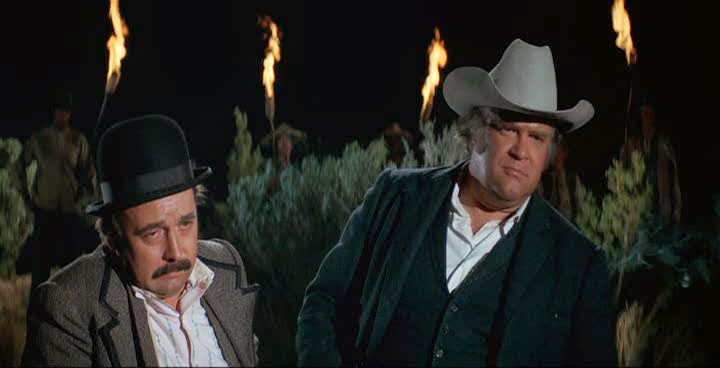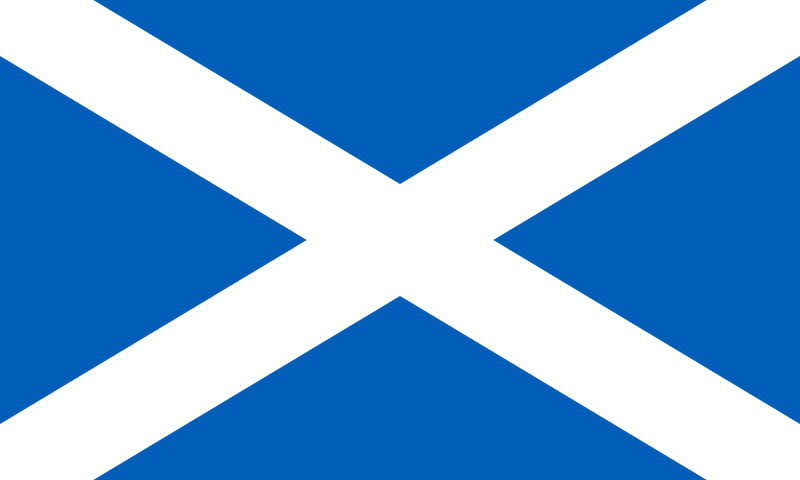
The romance and myths of the American Revolution have long obscured the disproportionate contributions of the Irish, who numbered as high as one half million of America’s two million population.
Posted on 07/04/2019 1:42:49 PM PDT by Al Hitan

The romance and myths of the American Revolution have long obscured the disproportionate contributions of the Irish, who numbered as high as one half million of America’s two million population.
Yet, the role of the Irish has often been written out. No chapter of America’s story has been more thoroughly dominated by myths and romance than the nation’s desperate struggle for life during the American Revolution. Unfortunately, America’s much-celebrated creation story has presented a sanitized version of events.
The long-accepted proper imaginary of the typical American patriot was that of an Anglo-Saxon who descended from early English settlers. This popular perception became a permanent part of the national mythology, in regard to the people who were seen as having been most responsible for sustaining and winning the revolutionary struggle.
Americans today believe that the upper-class elite, especially the Founding Fathers, and the traditional New England model (the popular romantic New England stereotype of the middle-class yeoman soldier of Anglo-Saxon descent) were most responsible for America’s success in the revolutionary struggle.
However, because so many of these diehard patriots were recent immigrants from Ireland and members of the lowest class, they were considered outsiders and foreigners, especially Irish Catholics, who were not deemed worthy of mention by generations of America’s leading historians and scholars.
Mostly from the northeast, these influential Anglo-Saxon historians possessed ample good reason to obscure the truth about America’s creation story. Quite simply, without the disproportionate and significant contributions of the Irish on all levels (political, military, and economic), America would not have won its struggle for independence. In consequence, the Irish odyssey during the American Revolution is one of the best-untold stories of American history.
(Excerpt) Read more at irishcentral.com ...
Thanks, that was interesting.
When I visited the Alamo, I noticed several of the defenders were from Alabama.
When the Jacobites, who sought to restore the Stuart dynasty in Britain, were crushed by the government in 1746, many of their partisans from the Scottish Highlands fled to the Carolinas. Oddly enough, when the revolution broke out in 1775, the offspring of these transplanted Highlanders mostly sided with King George, who was of the Hanoverian dynasty against whom their fathers had fought. Unfortunately for them, they again chose the wrong side and were defeated by the revolutionaries early in the war.
From the first federal census of 1790, Catholics comprised only about 6/10ths of a percent (0.6%) of the population of the thirteen original colonies (about 25,000 out of 3,939,000). [John Carroll (bishop), 1785.]
And while I have no particular love fore the Catholic Church, the reality is that no persecution of Protestants by Catholics approaches the scale of the slaughter brought upon Irish Catholics — millions were deliberately exterminated by English Protestants. The French religious wars, the Spanish-Dutch conflicts, the wars of religion in Germany and the Slavic regions all saw plenty of murder and persecution by all sides, but only in Ireland did the persistent, continuous, deliberate genocide of a particular group of people go so entirely unabated for so long, with additional thousands shipped off to work as slaves. It’s simply beyond comparison.
A very high percentage of the people of Walton County, Florida are descended from those Highland Scots. They first went to North Carolina then soon moved to Florida.
I once saw a 1741 Census of the Island of Colonsay which is considered part of the Highlands. Just about every single name was familiar to me as my classmates had the same ones.
Names like Currie, Blue, McDonald, Campbell, McDuffie, McIntosh, and on and on.
There is no proof but I believe that a single ship left Colonsay with a full quarter of the population of the Island. That same group must have settled in Walton County, Florida in the area known as Eucheeanna.
The Irish of the article aren’t Irish, they’re Ulster Scots.
That’s quite a difference!
Read the article.
My family is Irish. They live in a small town in Glennville, Georgia, about 20 miles outside Savannah. We can trace our roots well past the Revolutionary War and know we supported a fight against the King.
Culture-of-origin made a difference in the experiences of immigrants to North America/the United States.
When I was a kid in the 30s there were some still around.
WASPs (White Anglo Saxton Protestants)
AKA, Heretics-Tom
It was a particular bunch of “Irish” called the Scots-Irish.
Relocated out of Scotland to the Ulster area of Ireland by the English, then forced out of there by Irish uprisings to finally land in the New World.
And after the revolution, many were forced out to the unsettled new areas in the south Appalachian Mountains by the Whiskey Tax after they lost the Whiskey War.
Self made whiskey being a grain farmers’ only real medium of exchange at the time. The tax was ruinous on small farm holdings.

There is a reason why the battle flag of the Army of Northern Virginia is a Saint Andrew's Cross. It's because of the heavy influence of the Scots-Irish.

I've been saying the same thing for several years now. The Irish have lost their f***ing minds. To be fair, so have the English, the Germans, and pretty much all the other nations of Western Europe.
We really know nothing about her father's side of the family, but it looks like he was quite a bit Irish.
From what I have learned, Scotland was actually settled by the Irish. The Scots are mostly Irish genetically.
Scottish Gaelic is just heavily accented Irish Gaelic for the most part.
That’s because all the good ones came here. Same with Scotland. The tough resourceful, adventurous ones boarded boats and came to the new world to build a new life and a new nation.
I did and I stand by my statement.
Disclaimer: Opinions posted on Free Republic are those of the individual posters and do not necessarily represent the opinion of Free Republic or its management. All materials posted herein are protected by copyright law and the exemption for fair use of copyrighted works.